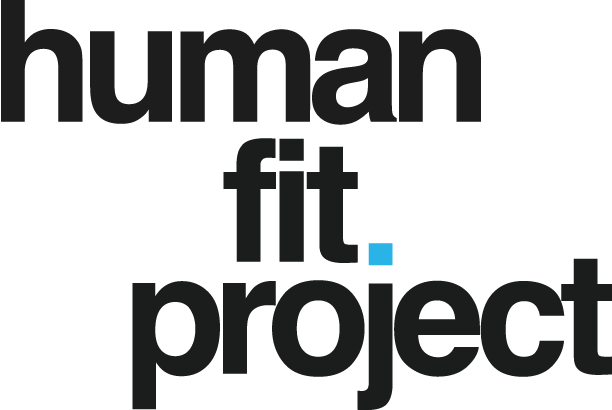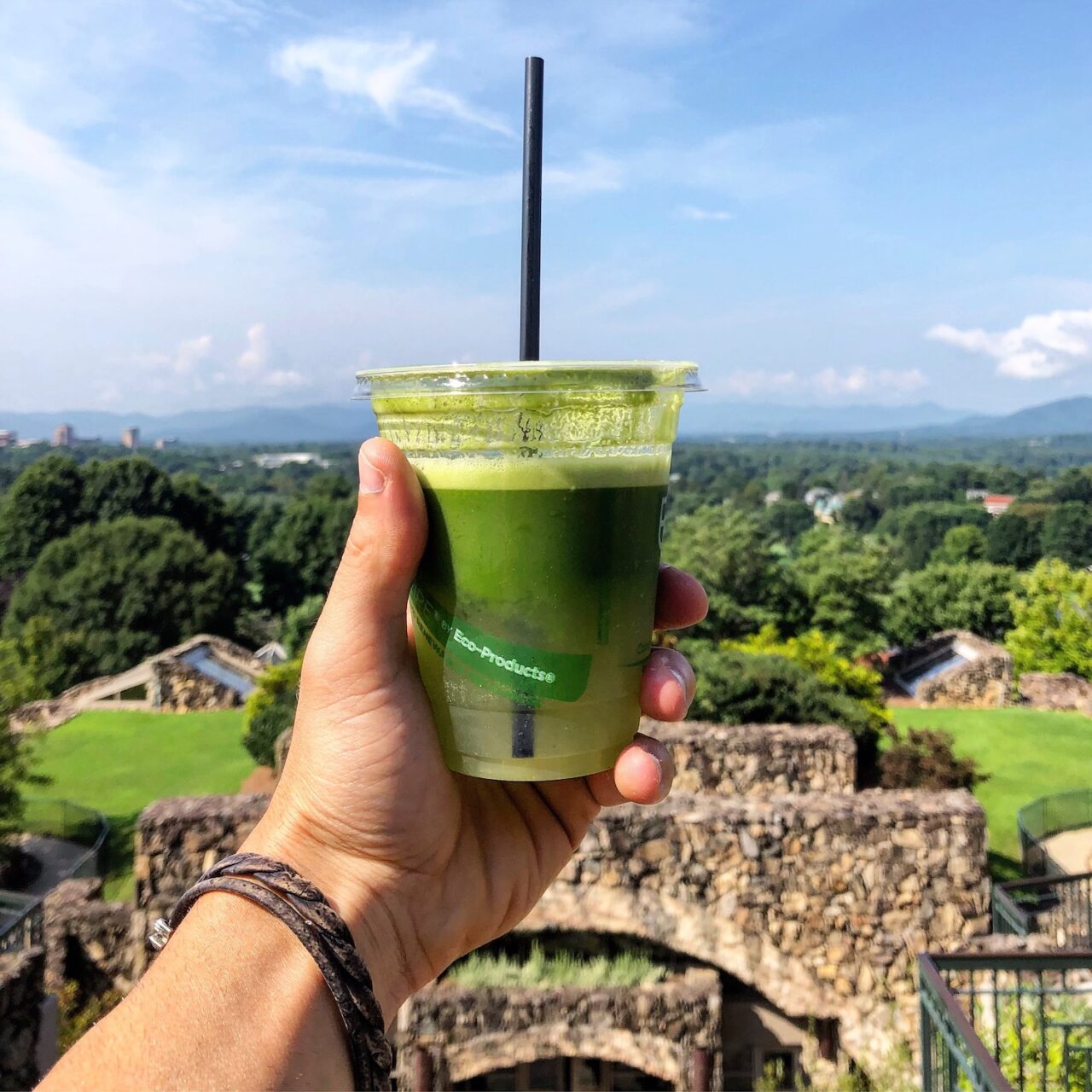Whether you’ve taken creatine in the past or are new to the popular athletic supplement, you’ve probably seen that there is more than one type.
There are several forms of creatine available on the market, including creatine monohydrate, creatine hydrochloride (HCL), micronized creatine, and creatine malate.
The most popular form of creatine you’ll likely see in supplements are creatine monohydrate and creatine HCL. While it may not appear there is much of a difference between the two, which form you choose can impact how your body uses it.
Let’s dive in.
Chemical structure and properties
The main differences between creatine monohydrate and creatine HCL lie within their chemical structure. The differences in how these compounds are formed can affect how they are utilized by the body.
Creatine monohydrate’s chemical structure is made up of a creatine molecule bound to a water molecule, hence the name mono-hydrate. The addition of the water molecule is what brings extra water to the muscle tissue, leading to increased size and appearance of muscle tone when taking creatine monohydrate.
This is also why creatine monohydrate tends to be preferred for those who plan to complete a loading phase as it is more effective at increasing your creatine stores in the muscle tissue than other forms. However, it is also why many feel they gain weight or bloat while taking creatine supplements due to the increase in water retention, a common side effect of creatine monohydrate.
Creatine HCL is a creatine molecule bound to hydrochloric acid which is believed to help aid in increasing solubility. If your body absorbs creatine better, you can take less and see more with less side effects, specifically water retention. Even though this is temporary, it can be a very uncomfortable drawback of creatine monohydrate for some [1].
It’s also believed that the HCL molecule helps to make this form of creatine more stable so users can skip the loading phase and still see the same results.
Dosage requirements
The typical dosage recommendations for creatine monohydrate are 20-25 grams per day for 5-7 days if completing a loading phase (which is not required but can help show more significant results faster) followed by a maintenance phase of 3-5 grams per day.
Because creatine HCL is more soluble than creatine monohydrate, the dosage requirements are a lot less, at 1-2 grams per day and a loading phase is not necessary.
Side effects and tolerability
Creatine monohydrate has been around the longest and has been extensively studied, whereas creatine HCL is relatively new to the market.
That doesn’t mean that creatine monohydrate is automatically labeled better. As with any dietary supplement, both have potential side effects to consider.
While creatine monohydrate is considered safe for the general population when taken as directed, side effects such as upset stomach, dehydration, water retention, and muscle cramps can occur [2].
Unfortunately, there is not as much research available regarding the safety of creatine HCL as there is with creatine monohydrate but there are no adverse health effects reported. Side effects are reported to be similar to that of creatine monohydrate including upset stomach, muscle cramps, dehydration, and bloating [3].
Because creatine HCL is more soluble, it’s believed to have higher tolerability due to the smaller dose requirement, particularly when it comes to digestive discomfort.
Additionally, because it is bound to HCL instead of water it’s also associated with less bloating and water retention than creatine monohydrate overall.
Those who are sensitive to creatine monohydrate might find creatine HCL to be more tolerable.
Cost-effectiveness
Because creatine monohydrate is more widely available, it tends to cost less than creatine HCL supplements but this will vary greatly by brand. Creatine HCL can be a little bit more challenging to find in stores. You can check out this strawberry creatine monohydrate from Naked Nutrition, flavored with real strawberry fruit juice powder.
Because many prefer to do a loading phase when taking creatine monohydrate, this increases the portion of product used which can potentially offset the difference in cost but only during that initial period.
Bottom line
Both creatine monohydrate and creatine HCL have been shown to improve athletic performance by boosting strength, power, and stamina. While there are significant differences between the chemical composition and how the body utilizes these different forms, neither one has proven to be more effective than the other [4].
Creatine monohydrate has been extensively used in research studies while creatine HCL has minimal research available to support its use. One study conducted between the two different forms found no significant difference in the use of either in improving physical performance [5].
What we do know is that creatine HCL may be better tolerated due to its better absorption rate making it a good option for those who struggle with typical side effects from creatine monohydrate, such as water retention and upset stomach.
In the end, what form of creatine you choose to use will depend on your preferences but both can support your strength and performance goals.
Disclaimer: This article is a sponsored post, brought to you in collaboration with our partners who specialize in nutritional supplements. We recommend consulting with your doctor before starting any supplement routine to ensure it aligns with your health needs.




